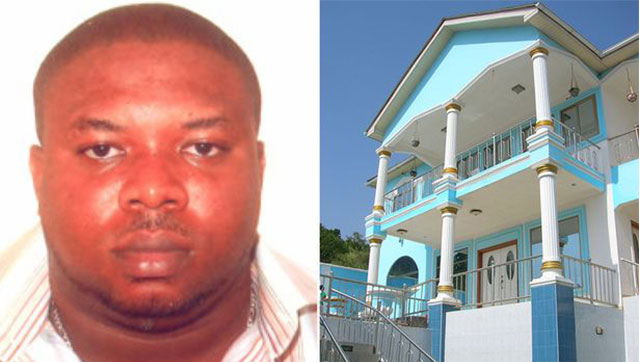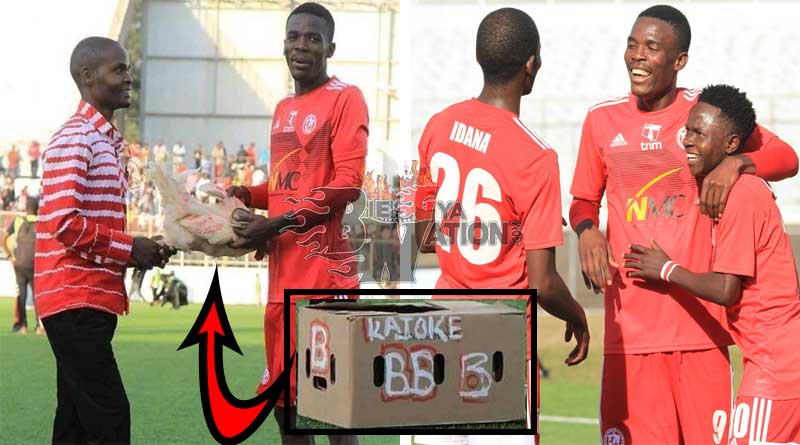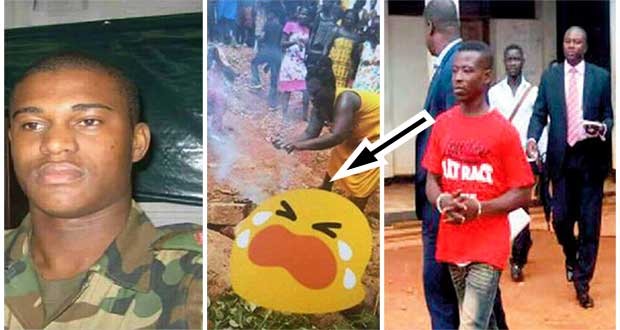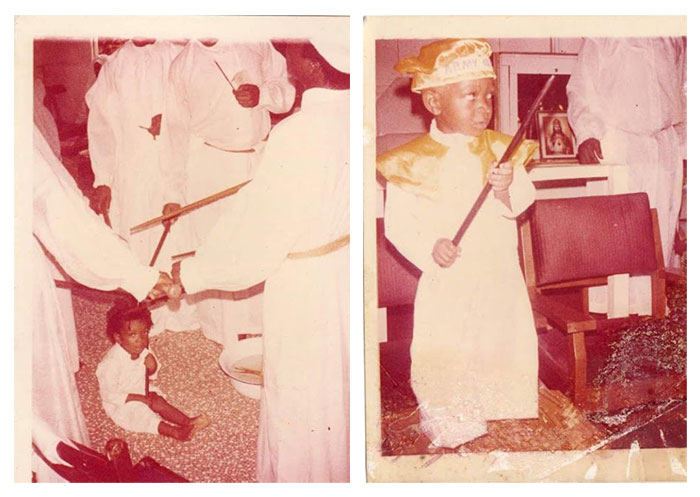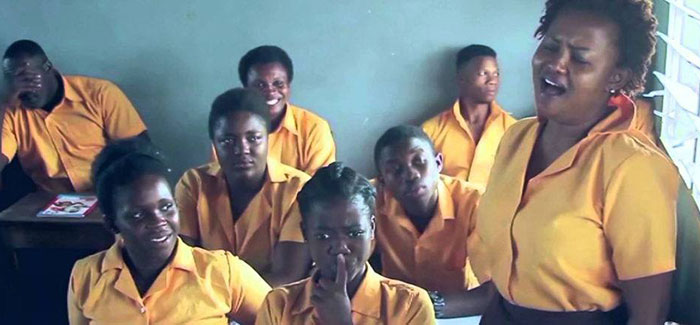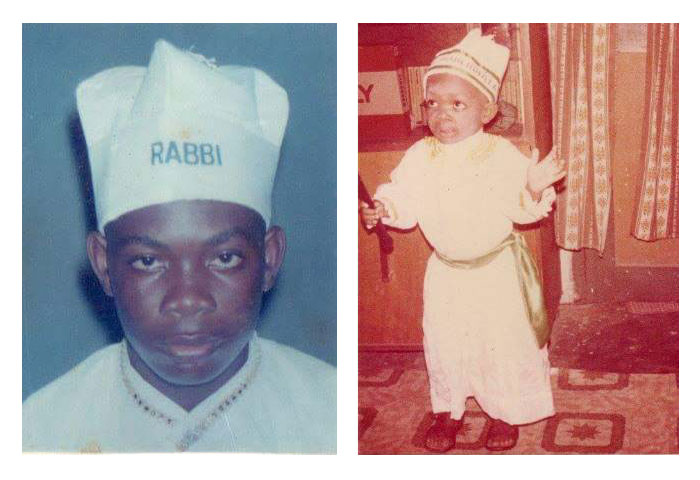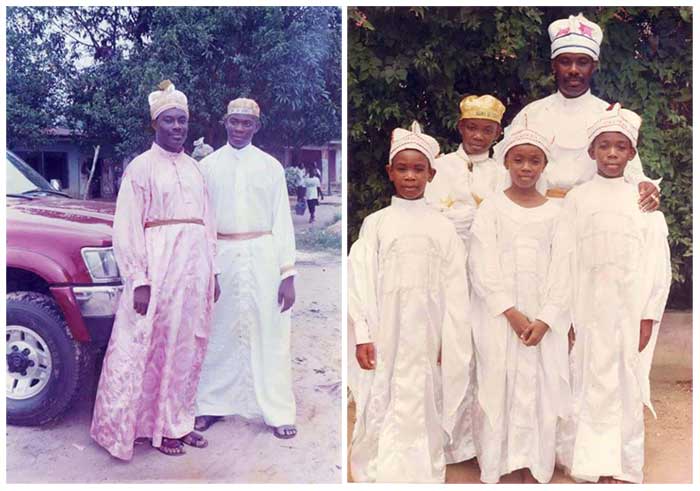Buzzing Moments

- Super User
- Category: Buzzing Moments
- Tuesday, 31 March 2015 05:34
Blood Money: Full details about how and where 'Sakawa' started in Ghana...
[Written By: Dominic Moses Awiah]
'Sakawa' is a terminology derived from Hausa, a widely spoken language in West Africa, which literally means "putting inside..."
It is 7 p.m.,loud music is booming from a house which is a stone throw away. Young men and women dressed in tight fitting jeans or multi-coloured robes twist and turn to the rhythms of Shatta wale's hit song "Megye wo girl", which literally means "I will take your woman".
Not far away, a group of Christians have pitched their camp in another house, preaching, dancing and singing.
It is Saturday night at Kasoa Galilea, a sprawling community in the Awutu Senya District in the Central Region, and the noise from the two camps is a weekly routine.
But between the two, the faithful in the church end their worship by 9 p.m., leaving behind the rather loud party that travels deep into the night.
Usually characterised by the popping of expensive champagnes, it is a party whose attendants may not be more than 30 years but many of them come with expensive automobiles such as the Range Rover, Lexus, Honda Crosstour, Venza and Infiniti.
Don't rack your brains; this is not the gathering of young business executives. It is the congregation of young men and women with expertise in cyber fraud, known in local parlance as 'sakawa'—the fusion of Internet fraud with "voodooism."
Being in their midst will overwhelm you, especially with respect to their lifestyle.
As young as these men are, they live in houses which the salary of an average worker cannot afford and drive posh cars one wonders how they manage to fuel daily.
The lifestyle of these young men can only be compared to that of business tycoons.
They use the latest electronic gadgets and wear fashionable designer clothes and shoes. The amount some of these young men spend on clothes, perfumes and electronic gadgets such as phones and laptops can be used to purchase a three-bedroom flat without a sweat.
Genesis of Sakawa

'Sakawa' is a terminology derived from Hausa, a widely spoken language in West Africa, which literally means "putting inside".
It emerged in the late 90s as some youngsters who were regarded as highly intelligent and smart started spending time on the Internet. These young men resided mainly in the Zongo communities of Nima, Mamobi and Newtown in the Greater Accra Region.
At that time, it involved the use of credit cards to do online shopping which were shipped directly into the country and sometimes through partners overseas.
The 'sakawa' trend seemed to have gained more grounds following the involvement of Nigerians in the country. New ideas and modus operandi originated from the trend, which is now termed simply as "browse".
Men pose as women and chat with unsuspecting male victims online under the pretence of being in love with them. They go ahead to demand huge sums of money and gifts from their "client".
Others also resort to business transactions in GOLD dust, timber, securities and oil in which they use forged documents from government agencies to lure their victims.
These activities have sprung to major areas, especially in the southern sector of the country. Most of the youth see it as a lucrative business which does not require any hard work.
New trend
Another modus operandi, which is voodooism, has been added to the phenomenon. The youth engage in occultism and seek other spiritual assistance to facilitate their activities while others resort to blood money.
Those who engage in occultism are said to perform certain rituals, including sacrificing a family member and offering parts of their body for sacrifices.
Some of the human parts allegedly offered for sacrifices include left fingers and the right toe.
With the left finger, the Sakawa boy or girl is instructed to wear a ring and never to take it off. If the person takes the ring off without the necessary rituals, he or she will go mad or in the extreme case, die.
Those who opt for the right toe can never wear shoes again till they die. Most of them, I gathered, preferred their left finger to their right toe.
These sacrifices are in stages, with the majority instructed to sleep in coffins every day at midnight for a month. Others chew live insects such as cockroaches and reptiles like lizards.
A person's level of sacrifices determines how rich and wealthy he or she becomes.
Waiting Period
One would think that after performing all these sacrifices, the money would begin to flow for these young people, but that is not the case.
Most of them have to endure seasons of waiting to see their sacrifices bearing fruit. This, however, depends on one's luck and level of sacrifices.
Some of them, unfortunately, have to wait for more than a year. This means that they have to depend on friends and family for assistance.
Others receive support and assistance from their mentor "Sakawa men" who have already made it.
In an interview with one of the Sakawa boys (name withheld), he narrated how hard it was for him to wait for eight months before his rainy days began.
"After I performed my rituals, which involved chewing live maggots for three nights, I was instructed not to bath for a week. I also slept in a dark room for a month," he said.
Although he did not disclose to this reporter how the money started coming, he mentioned $53,000 as the first amount he received from his "client".
That, he said, opened the floodgates to his wealth, which now include two three bedroom houses and four cars.
Let it rain
This is the part where pain is quickly forgotten and sudden joy takes over. Most of these young people, after they make their first hit, which usually falls within $50,000 to S100,000, purchase their first car.
Some of them also, as a good sign of showing appreciation, buy laptops for friends who helped them during their "broke days".
One would also know when a Sakawa boy makes a hit. They paint the whole town red by organising parties.
As usual, most of them spend massively on acquiring new properties, buying expensive cars and chasing women.
The type of car a Sakawa boy drives usually tells how rich he is. Most of them own about three cars.
One unique attribute about Sakawa boys is that they would never turn their back on their own, especially when the person is hit by either sickness or death.
Security concerns
The practice has become so intensive that the security services, especially the Ghana Police Service (GPS), over the past years, have launched attacks against the operations of the Sakawa boys.
According to the Greater Accra Regional Police Commander, Deputy Commissioner of Police (DCOP) Christian Tettey
Yohonu, the operations of the Sakawa boys continue to tarnish the country's image.
He said the police had decided to make the activities of the Sakawa boys unattractive by putting down intelligence at the various places to clamp down on their operations.
DCOP Yohonu said a lot of the Internet fraudsters had been arrested and prosecuted over the past years, adding that efforts were being made to root out their operations.
SOURCE: Graphic.com.gh





